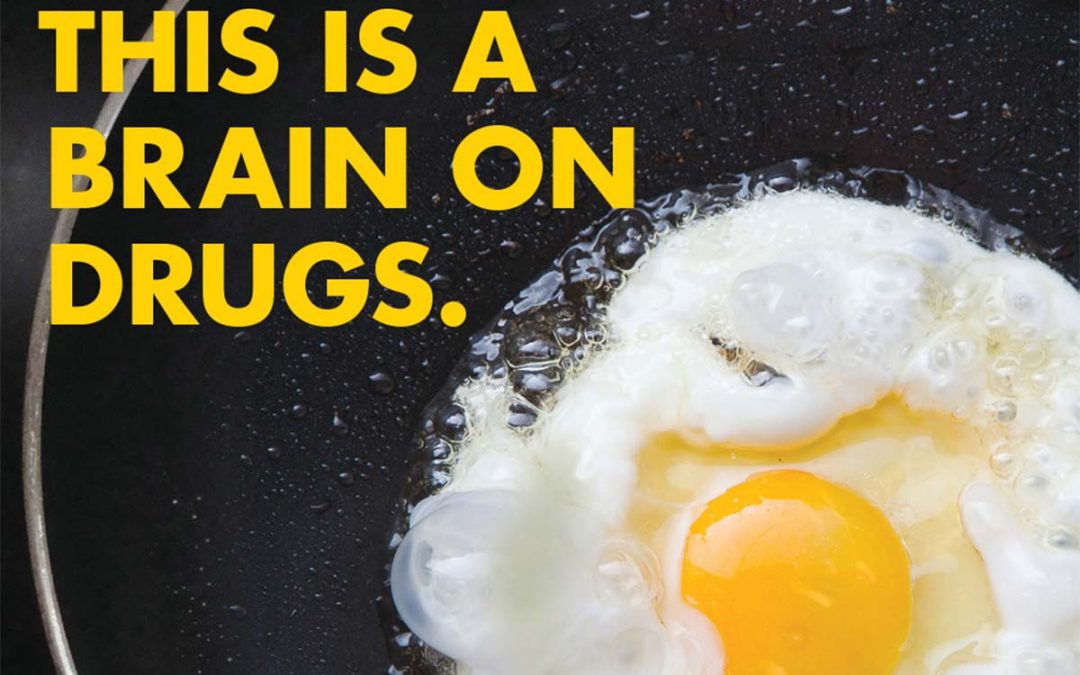When the Towers Fell
I am sure if you are over the age of 30 you will remember what you were doing when the World Trade Towers fell in New York – a day our nation will never forget. We all watched in horror as the live video feed showed people running for their lives. Many of us sat frozen staring at the screen as images of people who had just barely escaped were shown on TV. I remember clearly thinking that it wasn’t real, there must be some other explanation than a terrorist attack. Because if it was real and true that terrorists could cause that level of destruction in New York, they could cause that level of destruction anywhere in America. It was a singular experience watching the events unfold on that infamous day in our history. Can you imagine if you were an employee in one of the towers; covered in ash and debris and yet fortunate enough to go home to your family? What might you have felt as you stood in the shower washing away the visible evidence of what you experienced? As you thought of the day’s events, would your thoughts run in a horrible loop you can’t seem to escape? Or do you think your brain might classify the entire event as a threat to your whole system and simply shut down your system? Would you be able to speak? Would you be able to be silent? In the days following the attack as you now began to try create new patterns in your life, what might your thoughts be when you heard that highly skilled excavators were jumping on the job and the debris would be gone in record time? Let’s say that news reports began to cover the lightning speed that the engineers were able to create new plans and re-build the structures. Would you find the news comforting? Would it help to know that experts knew how to guide the construction and that they were able to use newer, stronger materials that now made the towers nearly impenetrable? Consider how you might react, if in six months, your employer called. They are beyond excited. The office space is done and you can start moving back in right away. They spend a great deal of time letting you know how happy they are with the new structures. How much they have enjoyed watching the process. How they wish you would have allowed yourself to show up on-site so that you could join in watching the progress. What might your thoughts be during a phone call like that? Would you gladly join in the excitement and express gratitude for all of their hard work? Maybe not. You might feel nervous, apprehensive, and fearful hearing this information. You don’t want to dismiss the hard work but you find yourself unable to join in their excitement. Your employer picks up on your hesitation. He has the opportunity in that moment to address your anxiety. Let’s look at two different reactions he might have in this critical moment. Which response to your anxiety do you feel might help you lower your anxiety and consider trusting that it is safe to return to your newly reconstructed office. He tells you about all of the bells and whistles that make the building safe now. You can hear a frustration in his voice as he explains again everything that has been done to ensure safety. The new giant force field that doesn’t even let planes get close, the fireproof walls, the new steel supports that don’t bend under pressure. He finishes by saying, “I don’t understand why you are living in the past, forget the old building and what happened there, join me in appreciating what has been accomplished. We need you to start, everyone is depending on you getting back to work in the office.” You could try to explain that you appreciate everything that the employer has done, and it may look irrational but you just don’t feel safe. His frustration mounts now and a more accusatory tone is heard, “Why are you making such a big deal of this? I’m willing to go back in. It hurts to have you bring up the past when I have put every safety precaution into preventing this from happening again in our future. I really don’t know how long the company can wait for you to decide what you are doing.” Would any of those comments make you feel safe or make your feel like your employer is able to understand the experience from your perspective? What if after you shared your feelings with your employer, he said, “Wow, I can see that you are still really scared. That moment in time was so traumatic everyone involved is having to learn how to deal with it differently. It does feel too soon for some, how can we as a company make this transition back easier for you? You matter to us, we want you to feel that your safety is our number one priority. Would it help to let you know the safety features that the new building has? Would it be better if we didn’t talk about the safety features just yet and we could just talk about how this year has been for you? Or is there something else that we could do right now that would help?” Again, how would those comments impact your feelings around safety or your feelings that your company did genuinely care about you? How does this event relate to recovery? For most betrayed spouses, when they find out that their spouse has betrayed them the world they live in collapses, the landscape is changed and fear becomes their constant companion. It is the moment when they watch their personal Twin Towers fall. As their spouse steps into recovery they can quickly come to understand that there is hope. That given the right skills, their own determination and dedication that they can regain their integrity. For them the world looks exciting and new, the possibilities of stepping into who they truly want to be becomes real and the possibility of a joyful life seems within their grasp. They tend to share their new found freedom by explaining all the new ways the world has become safe for them (LIFT group, phoning a group member, meeting with a therapist, having a safety plan, etc). The addict knows that these steps are really helping them achieve a life of recovery, they feel better, they feel hopeful and they want to move forward with their new found freedom from their addiction. They want their spouse to be in the same mental state. The spouse hears these things and may even be able to see the same positive changes that the addict is reporting. She may even question herself, “Why can’t I feel safe with him yet? Why can’t I trust him when he seems to be doing so well?” Early in recovery, addicts don’t really comprehend fully what they are asking their spouse to do. The reality is they are asking their spouse to walk back in those towers and act like the view out the window never had a jet airplane in it. The biggest gift an addict can give to his partner is to acknowledge her fear, validate that it would be scary to trust again and ask what he might do to help her feel safe. Some days having him share his recovery activities might help. Other days listening to her fears and being present may be what is needed. Remember, you have never been here before. The best you can do is be a good guesser and guess at what you need. A hot bath, a long drive alone, a long drive with you, arrangements for a babysitter so you can attend your recovery group, a visit with family, etc… Because you are guessing, you might guess incorrectly. For example, you might guess that you need a night out with your friends and so your husband agrees to stay home with the kids. As the time comes to leave, your anxiety goes up and you realize you are not yet able to socialize. You abruptly changes plans. These are the moments that a recognition from your spouse of your struggles are so necessary, validating and healing. If he can recognize that you are trying to sort through this “new normal” and let you know that it’s okay, and then have the courage and humility to learn about your experience your anxiety will decrease. As a nation, we survived the unimaginable. We survived by creating safety, by talking about the tragedy, by acknowledging that it would take time to rebuild and restore. We can apply these same principles to relationships that have been shattered by betrayal. Couples can learn how to create safety, learn healthy communication and acknowledge that the paths to healing will look different for all involved.








